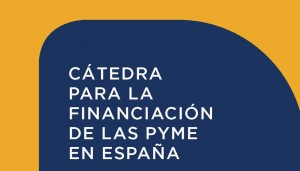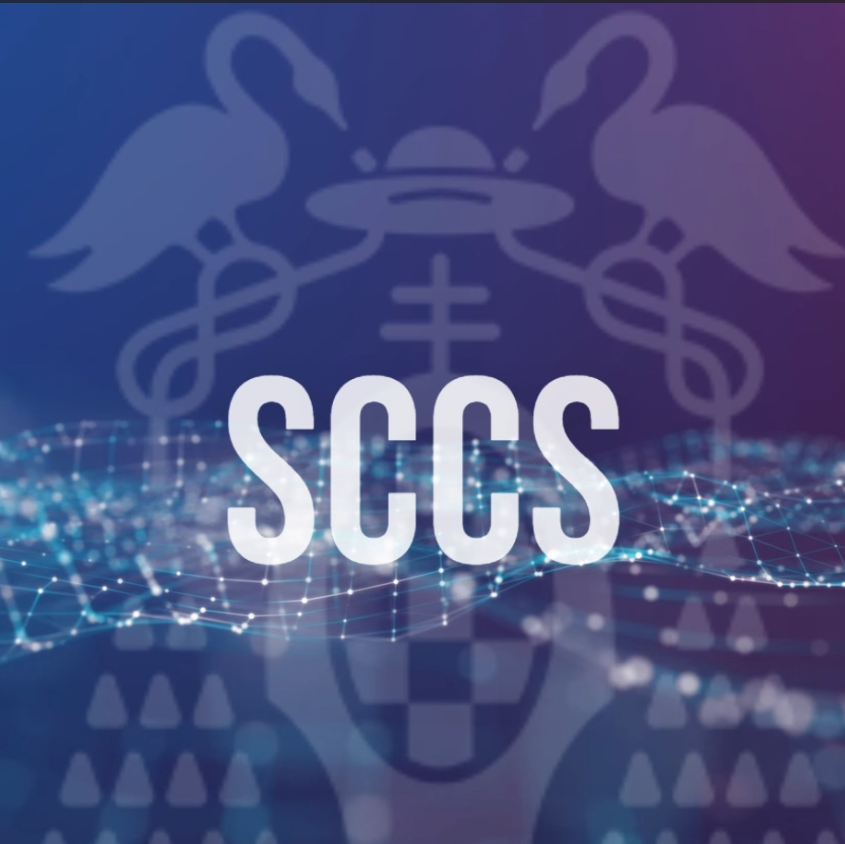Since the late twentieth century, profound social and technological changes have underscored the need for a significant paradigm shift in Economics. Traditional economic models have only marginally incorporated critical aspects such as bounded rationality, agent heterogeneity, and imperfect information, despite their acknowledged significance. This limited integration stems from two primary reasons: firstly, historical models have yielded reasonably satisfactory results; and secondly, the lack of advanced tools hindered the effective incorporation of these complex elements.
However, recent advancements in data availability and computational power have enabled a more nuanced and immediate approach to economic realities. Methodologies like agent-based simulations now prioritize the examination of lower-level constraints that shape emergent outcomes, shifting focus from traditionally observed aggregate behaviors.
The era of Big Data has ushered in an unprecedented precision in understanding agent behaviors in real-time. An illustrative example of this is a project by the Senseable City Lab in collaboration with BBVA, which visually depicts the transactions of Spanish consumers throughout the day, tracking the location and nature of each transaction. Such granular information renders many past studies obsolete while simultaneously accentuating the criticality of privacy concerns.
The Complex Systems in Social Sciences group at the University of Alcalá (SCCS-UAH) has extensive expertise in analyzing economic environments and business management using these innovative approaches. Their work embodies the transition towards more dynamic, data-driven economic analyses, reflecting the changing landscape of economic research in the digital age.
The main areas of work in this field are:
Other works and research projects:
 |
Modeling value creation for airlines competitiveness. Valueinairlines is an industry-oriented research project that pursues the modelling of the airlines’ value creation engine on novel expert data.
The use of “non-traditional”, network-based computational techniques, allow researchers and practitioners simulate real-life value creation scenarios and anticipate airlines’ performance (read more).
|
 |
SCCS researchers was involved in the MOSIPS Project integrated in the IAES team. The aim of the MOSIPS Project (Modeling and Simulation of the Impact of Public Policies on SMEs) was to develop a user-friendly policy simulation system allowing forecasting and visualization of the socio-economic potential impact of public policies.
The simulation system allows policy makers to make experiments with different socio-economic designs, with the participation of citizens and potentially impacted stakeholders, before the settlement of a public policy. The combination of suitable data, models, artificial intelligence and interactive tools delivered a policy wind tunnel.
|
 |
SCCS participes in the ICO Foundation Chair in SMEs Finances in Spain. This Chair is the result of a public tender between universities and business schools, organized by the ICO Foundation for the creation of an observatory on Spanish SMEs and their comparison with the European Union and other countries. Its main objectives are twofold. On the one hand, provide detailed and innovative statistical information on the Spanish SMEs. And another, obtain a deeper knowledge about the structure and behavior of SMEs, behind which could be the possible reasons for the reduced growth of these companies in recent years.
|
